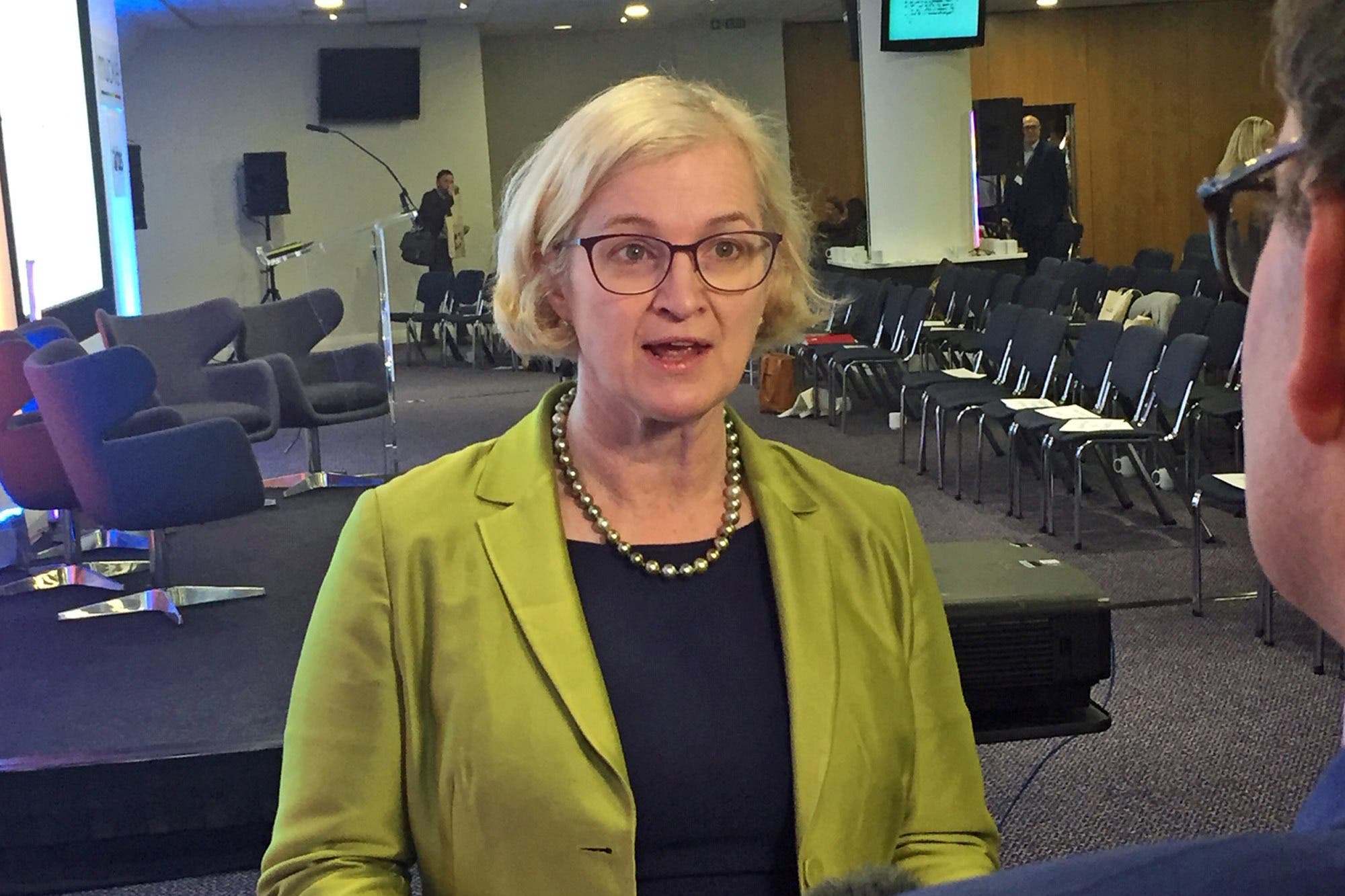The ‘maverick’ headteacher who’s proving Ofsted wrong
Dr Kulvarn Atwal runs one outstanding school in London and has been reviving another. Yet they’re still at risk of being snatched away, writes James Moore


As a columnist for The Independent, I regularly find myself covering stories concerning the way things operate in Britain that leave me with headaches of fearsome intensity.
Here is a classic example, a textbook case of bad policy and everything the Department for Education (DfE) and the school inspectors at Ofsted are doing wrong.
It is, needless to say, our children who are on the receiving end of this.
Dr Kulvarn Atwal, an author of two books and a famous figure in Norwegian education circles, is the head of a pair of schools in Ilford, on the edge of London. He is judged to be “a maverick” because he does things differently.
He pays up to 60 per cent of the cost for any teacher at either of his schools to enrol in masters degrees in education-related subjects. And he gives them time off during the day to study. Half of the teachers at one of his schools, Highlands Primary School, now have the extra qualifications. It’s 15 per cent at the other, Uphall, but he’s working at improving that.
Employers, whether in the public or the private sectors, tend to think that they’ll lose out if they invest in staff; that if they furnish them with new qualifications and skills they will leave. And of course, some will. But people like Atwal say employers that invest win out overall. And of course they do. Because not everyone will leave. People tend to be disinclined to do that if they have a decent boss who invests in them.
But there’s more. Atwal has also stopped graded observations; believing them to be big brother exercises which unnerve teachers and stifle their creativity. Instead, he believes in empowering them. He encourages critical thinking, so children can thrive in the modern knowledge economy.
The result? Highlands’ most recent Ofsted report is glowing. It is rated outstanding in every category. Parents seem to love the place. Ditto the children. This is a school you’d want your kids to go to. Its fine record as regards children with special educational needs & disabilities (SEND) is particularly commendable.
Atwal was parachuted to Uphall, his second school, in December 2019 with the school in a mess having been graded as in need of improvement. While the latest report resulted in the same grade, it is quite clear, from reading it, that the school has improved – and, he argued, in an 11,000 word complaint, that the criticisms the inspectors smade are unfair and that the grade should have been good.
But the grade was not changed, creating a problem. Two “needs in improvement” in a row would normally force a school to join one of minsters’ beloved multi academy trusts or MATs. These take them out from under the local authority umbrella. Governing bodies, which normally have at least some parental involvement, are neutered. At the top of the tree are people on often startlingly high salaries. There is a real accountability gap here and MATs have created some high profile scandals.
If Uphall is forced down this route, Atwal will likely be out. It’s in the hands of Claire Burton, the DFE’s regional director for London, who has the power to make decisions on the expansion of academy trusts.
If she forces the issue, I fear that the school will lose out. So will parents and children. Will she speak to them? Seek their views? It seems unlikely. So much for democratic accountability and empowering communities.
This is no way to run things. Britain’s education system is in crisis. Shortages abound. I approached Ofsted and received no response, but in its annual report recently it noted the difficulties with training and retaining quality staff.
Chief inspector Amanda Spielman, in a recent speech, complained that “this can lead to a lack of continuity and consistency for children”.
Part of the reason for that is the disgraceful way the government has allowed teachers’ pay to be eaten away by the cost of living crisis. But part of it is because of the intense pressure Ofsted plays a key role in putting teachers under and the difficulties schools face in finding high quality leaders.
“There is pressure on everyone working in schools. It’s not from the kids, the staff, or the parents. It’s all external. There’s the pandemic. There’s a lack of support,” Atwal says.
He has found a way of dealing with that; of training, developing nurturing and crucially keeping high quality staff. But pressure cooker Ofsted and the DfE appear bent upon cutting him off at the knees in what feels like a ludicrously petty display of institutional power.
People who defy the command and control system that Ofsted and a government full of people educated outside the state system seek to impose are labelled as “mavericks” like Atwal when they should be described as “the future”. We need more like him.
Join our commenting forum
Join thought-provoking conversations, follow other Independent readers and see their replies
Comments